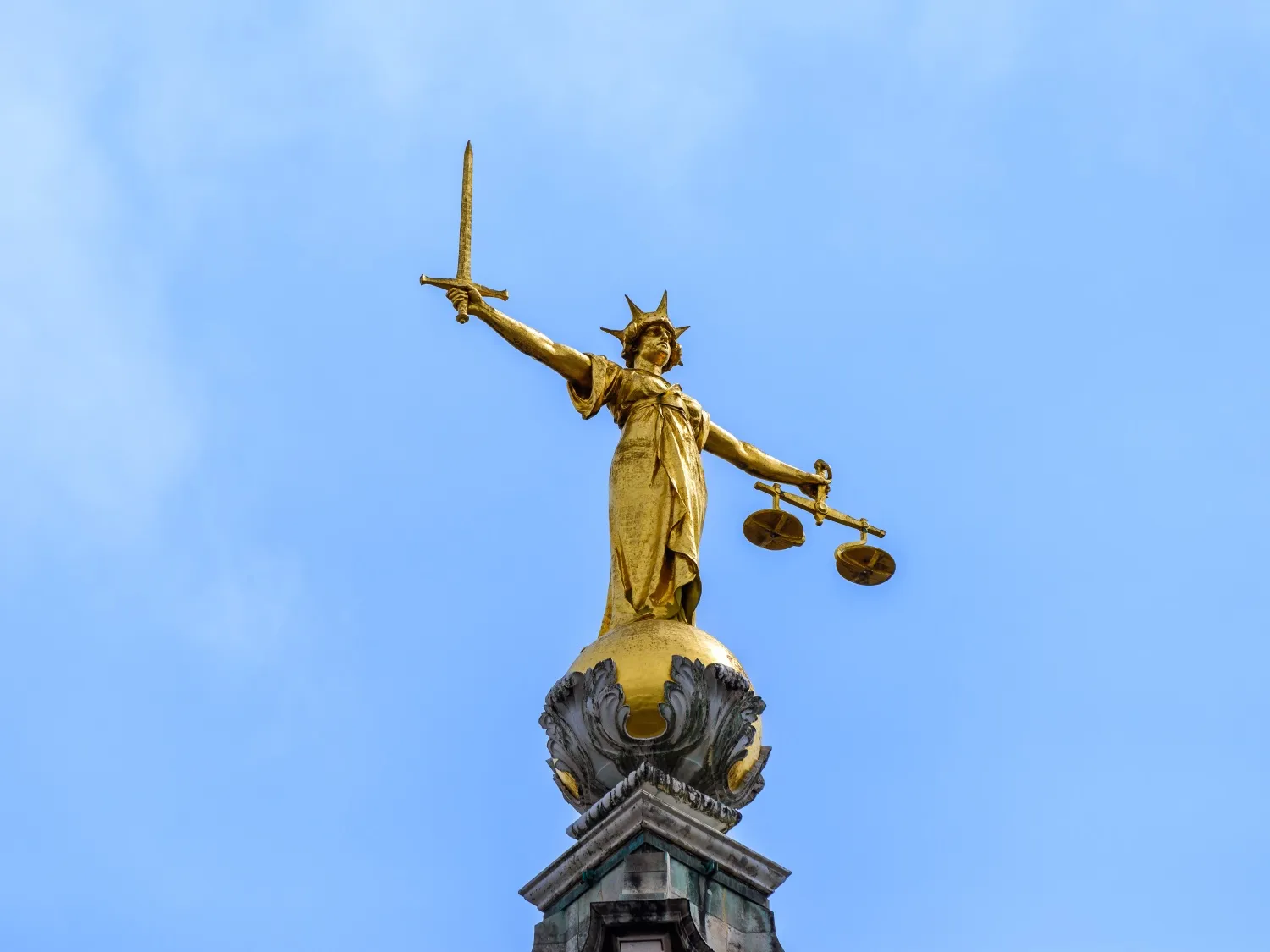How the Crown Prosecution Service is kept accountable
The Crown Prosecution Service (CPS) is a non-ministerial department (a government department led by civil servants, not a minister) but is accountable to both Parliament and the public. This page explains how we make sure we are responsible and transparent in our work.
What accountability means
Accountability means we must explain our decisions and actions. We must show that we use public money properly and make fair decisions about prosecutions. We are answerable for our performance and must be open about how we work.
How we are accountable to Parliament
The Attorney General's oversight
The Attorney General is accountable to Pariament for the "superintendence" of the CPS. The Attorney General is a government minister who answers to Parliament for our work. Superintendence refers to the Attorney General’s and Solicitor General’s responsibilities for ensuring the CPS is run well and works efficiently, but they do not have responsibility for individual case decisions, or the day to day running of the department. This means:
- Parliament can ask the Attorney General or Solicitor General questions about how the CPS operates
- The Attorney General or Solicitor General must explain our major decisions and policies to Members of Parliament
- The Attorney General and Solicitor General safeguard the independent decision-making of the CPS, and
- We work within a framework agreement that sets out our relationship with the Attorney General's Office.
Parliamentary scrutiny
Parliament holds us accountable through several ways:
- Annual reports and accounts: We publish detailed reports each year. These show how we have performed and how we have spent public money. Parliament examines these reports
- Parliamentary committees: Parliamentarians can call our senior staff to give evidence to parliamentary committees. They can ask questions about our work and performance
- Questions in Parliament: MPs can ask the Attorney General or Solicitor General questions about the CPS in the House of Commons and House of Lords.
Financial accountability
We must account for every pound of public money we spend. Our accounts are:
- Audited by independent auditors
- Examined by Parliament, and
- Published so everyone can see them.
You can read how we spend public money on our Expenditure data page.
How we are accountable to the public
Transparency and openness
We believe the public has a right to know how we work. We do this by:
- Publishing information: We put information about our policies, prosecution guidance, performance and spending on our website. This includes data about prosecution rates and case outcomes.
- Annual reports: Our annual reports explain what we have achieved and any challenges we have faced.
- Clear policies: We publish our prosecution guidance and policies, so people understand how we make decisions about cases.
Independent oversight
There are several ways we can be held accountable by external people and bodies:
- HM Crown Prosecution Service Inspectorate: This independent body inspects how well we do our job. They publish reports that are available to everyone. We publish our responses to those reports on this website.
- Complaints process: If someone is unhappy with our service, they can complain. We investigate complaints fairly and learn from them. There is an Independent Assessor of Complaints who oversees how we deal with complaints and can tell us to take action if necessary.
- Judicial review: Courts can review our decisions if someone believes we have acted wrongly or unfairly.
Our governance structure
We have a clear management structure with built-in accountability:
- Director of Public Prosecutions (DPP): The DPP is a senior civil servant (Permanent Secretary) and our most senior prosecutor, who is accountable for all our prosecution decisions. He is the Accounting Officer and the Chief Executive of the Crown Prosecution Service.
- Chief Operating Officer (COO): Our COO is responsible for corporate functions (how the organisation is run) and is the Additional Accounting Officer of the Crown Prosecution Service (responsible, along with the DPP, for how we spend public money).
- Director General Legal Delivery (DGLD): Our DGLD is accountable for the day-to-day operational management of legal services and operations and deputises for the DPP on all legal matters.
- Ministerial Strategic Board (MSB): The MSB meets regularly and is chaired by the Attorney General. It oversees the strategic direction of the CPS and support and holds the CPS to account for the delivery of its strategic objectives.
- Crown Prosecution Service Board: Our senior leaders meet regularly with independent non-executive directors who provide external oversight.
- Audit and Risk Assurance and Remuneration Committees: Independent committees check our financial controls and risk management.
Finding out more
Publications
You can find our annual reports, performance data, prosecution guidance and policies on our website.
Complaints and feedback
If you have concerns or comments about our service, you can use our complaints and feedback process.
External scrutiny - available online
Parliament's proceedings, including questions about the CPS, are publicly available on the Parliament website.
The independent inspection reports about our work are published by HM Crown Prosecution Service Inspectorate (HMCPSI) and can be found on their website. Our responses to HMCPSI reports are available on this website.
Governance publications
Publications related to the governance of the CPS, including board meeting minutes, board members' expenses and gifts and hospitality declarations.
